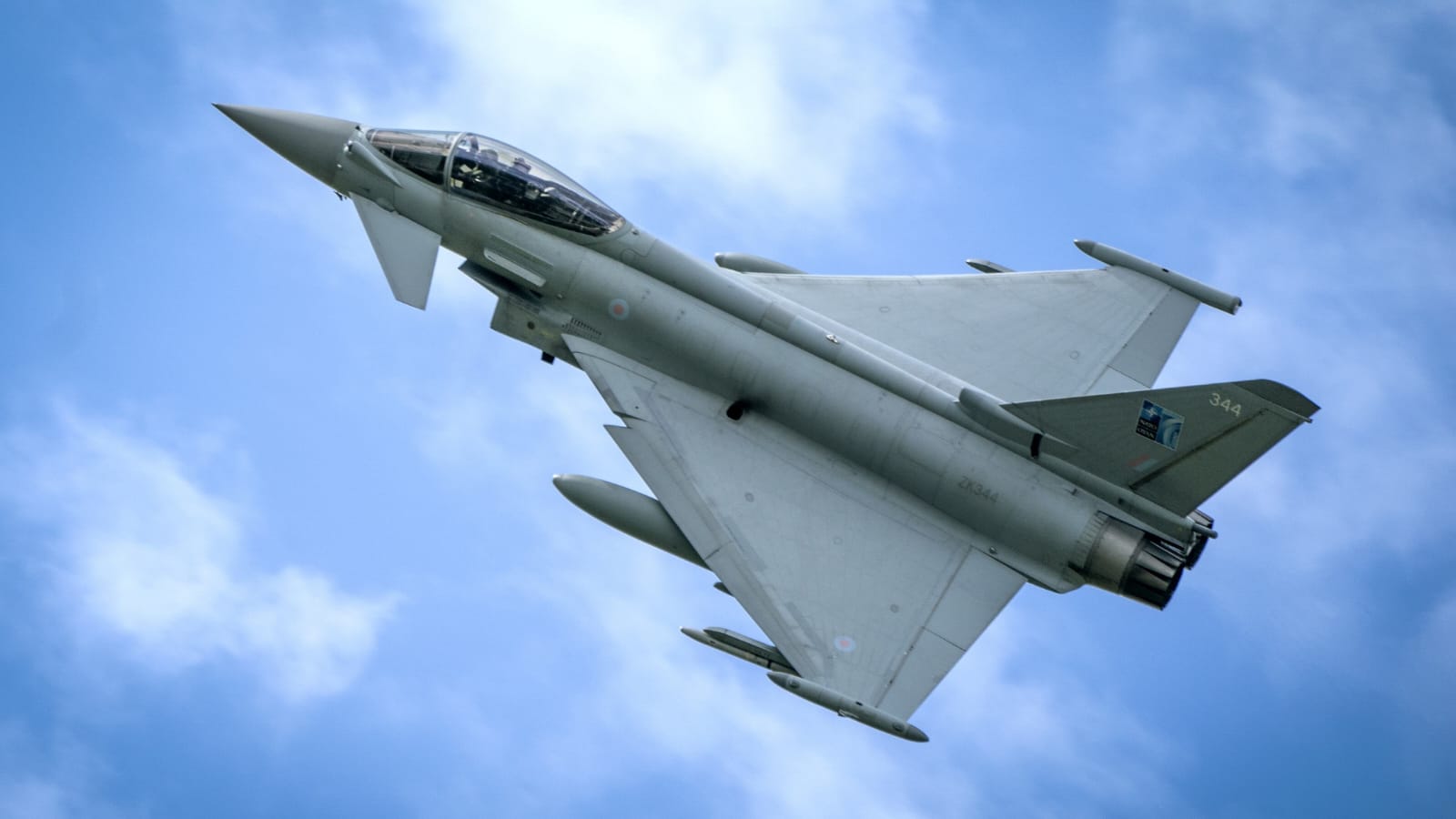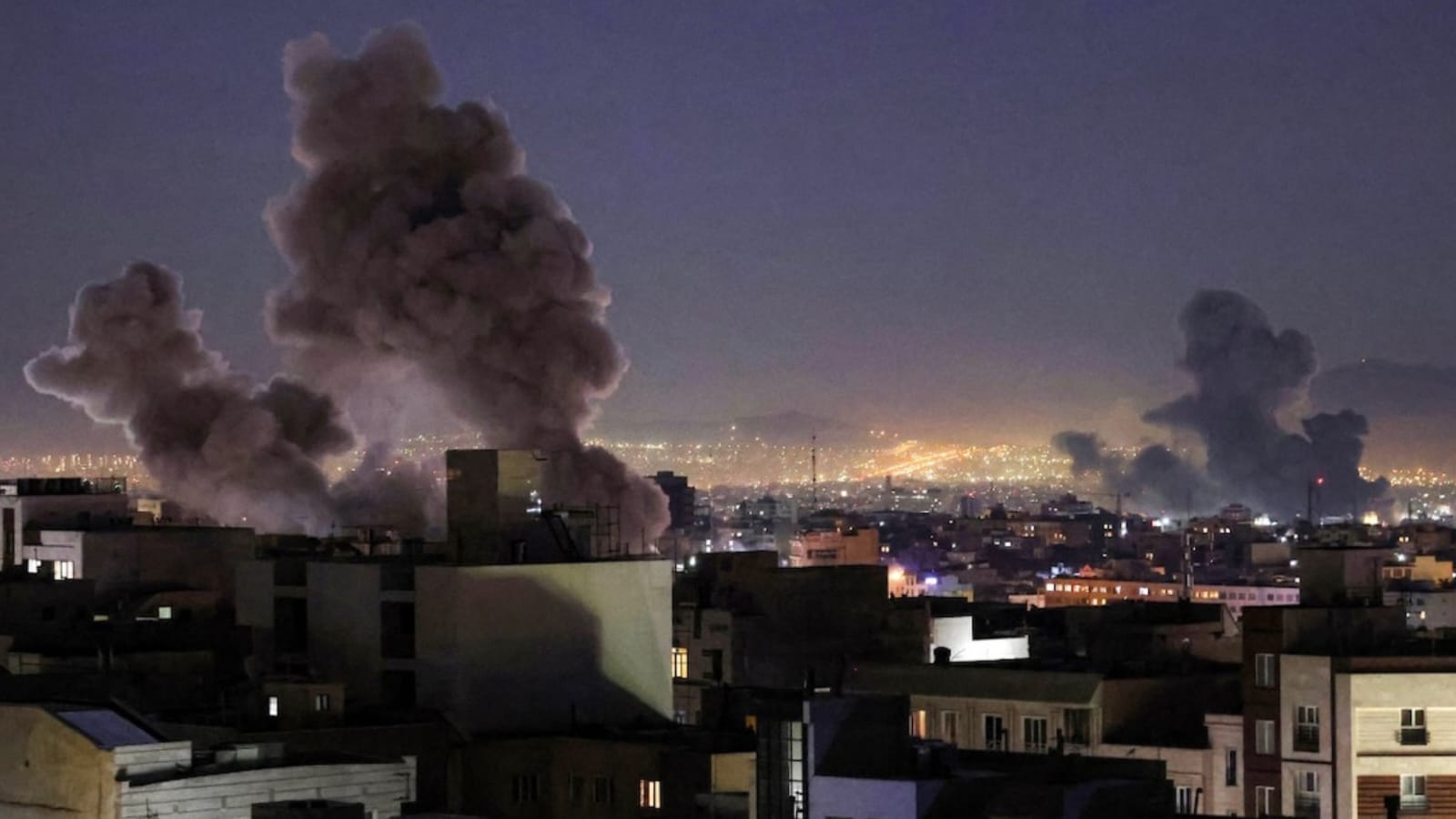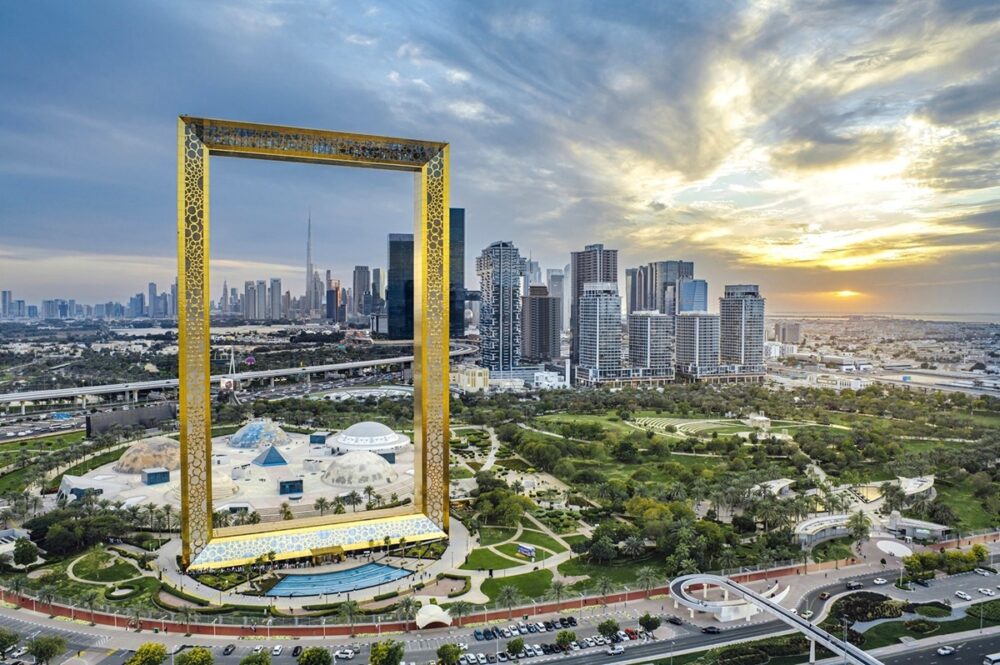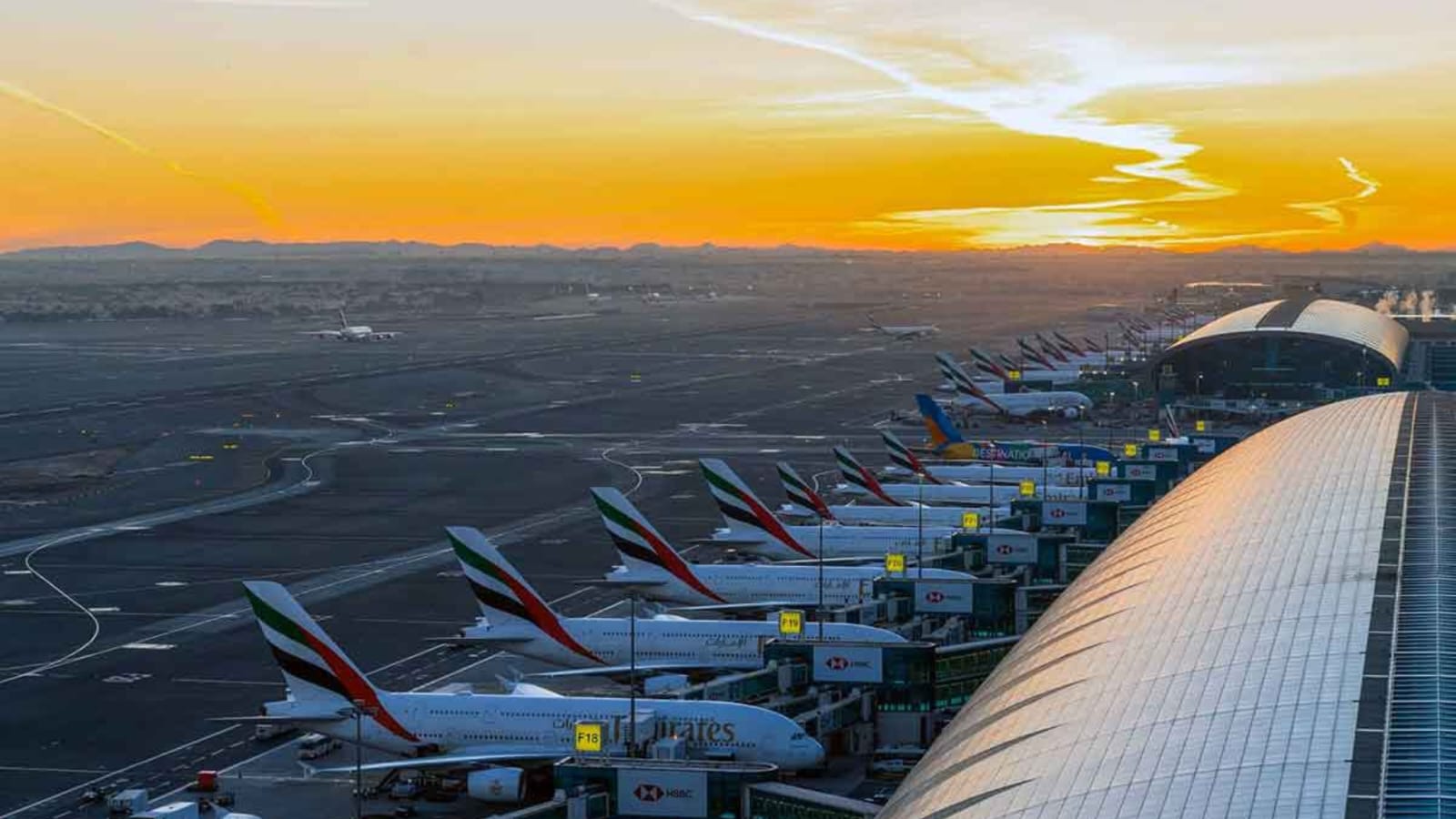Israel Bombs Damascus to Shield Druze, Escalating Syrian Crisis
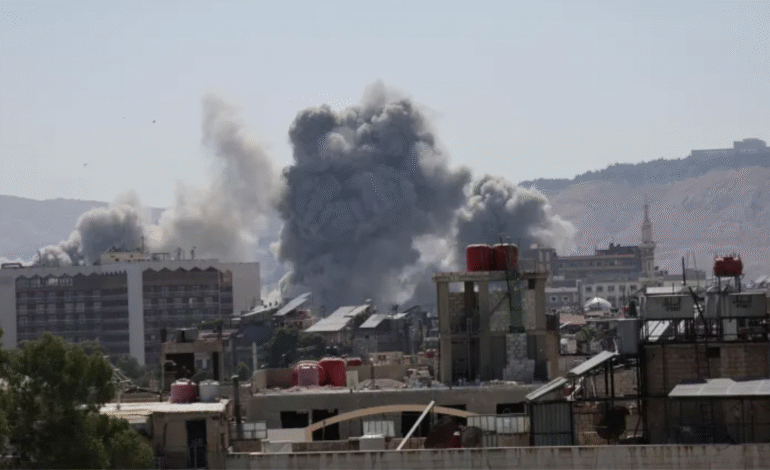
In a dramatic escalation of military action, Israel launched powerful airstrikes across Damascus on Wednesday, targeting Syrian military installations and key strategic locations near the presidential palace. The strikes were described as a direct response to Syrian government assaults on the Druze minority in the southern city of Sweida. The Israeli government, under mounting pressure from its own Druze citizens, declared its intent to protect Druze communities across the border, vowing to prevent southern Syria from becoming a breeding ground for terrorist factions.
The offensive marked a significant turning point in the already strained relations between Israel and the interim Syrian administration led by Ahmed al-Sharaa. Although the Sharaa government has recently been forging warmer diplomatic and security ties with the United States and Israel, Israel’s latest military campaign underlines the depth of its concern for the safety of the Druze people and the volatile power dynamics in post-conflict Syria.
Damascus Under Fire: Explosions and Smoke Over Government Targets
Onlookers and journalists in Damascus described a chaotic afternoon as Israeli warplanes flew low over the capital and dropped a succession of bombs. Eyewitnesses reported seeing columns of smoke rise into the sky as explosions echoed through the city. One of the primary targets was the Syrian Ministry of Defence, a symbol of state power that sustained substantial structural damage. Rubble littered the surrounding streets, and a section of the building was completely destroyed. According to a Syrian medical source, five government security personnel were killed in the attack.
An Israeli military spokesperson confirmed that the strikes targeted the main entrance of the military headquarters and a military installation near the presidential palace. Israeli officials said that Syrian forces had failed to prevent or halt attacks on the Druze population, and in some instances, were actively complicit.
Sweida Violence Fuels Israeli Intervention
The southern city of Sweida, largely inhabited by the Druze, has been the epicentre of growing violence over the past week. Clashes have broken out between Druze fighters, government troops, and armed Bedouin groups. Residents reported widespread fear, with many holed up in their homes amid the chaos.
A Reuters reporter stationed near the scene described harrowing scenes of urban conflict. Despite a supposed ceasefire announced jointly by the Syrian Interior Ministry and Druze spiritual leader Sheikh Yousef Jarbou, gunfire and explosions continued to be heard throughout the city. Many homes were looted and torched, according to residents and eyewitnesses, with cars and household belongings taken by soldiers.
According to the Syrian Health Ministry, dozens of bodies both civilians and combatants were discovered in a local hospital. The Syrian Network for Human Rights reported at least 169 fatalities over the week, although unofficial sources estimate the death toll could exceed 300.
U.S. Pushes for De-escalation Amid Diplomatic Pressure
In Washington, U.S. Secretary of State Marco Rubio announced that American officials were in active discussions with all parties involved in the Syrian conflict. Rubio claimed that specific steps had been agreed upon to bring the violence to an immediate halt. While the details of these steps remain undisclosed, U.S. involvement signals a desire to prevent further destabilization in the region.
Israel’s airstrikes, although not coordinated with the U.S., reflect shared concerns about the rise of Islamist elements within the Syrian government. Israel has labelled interim President Sharaa’s administration as being influenced by jihadist ideology. Despite recent diplomatic overtures between Sharaa and Washington, including backchannel security communications with Tel Aviv, Israel appears determined to act independently to safeguard its national interests and protect the Druze.
The Druze: A Minority in the Crosshairs
The Druze are an ethnoreligious group who follow a distinct faith originating from Islam but incorporating philosophies from multiple traditions. They are concentrated in Syria, Lebanon, and Israel, with communities frequently finding themselves at the intersection of regional conflicts.
Israel has a population of over 140,000 Druze citizens, many of whom serve in the military and participate actively in public life. Their unique status has given rise to a strong sense of solidarity with fellow Druze across borders. The unfolding tragedy in Sweida has mobilized Israeli Druze, with some individuals crossing the border into Syria to aid their counterparts.
Faez Shkeir, an Israeli Druze man, expressed his despair: “My family is in Syria my wife, my uncles. They are being killed, forced from their homes, robbed, and burned out. I feel powerless.” Despite Prime Minister Benjamin Netanyahu’s call for citizens to refrain from crossing the border, emotions remain high. The Israeli military confirmed it was working to safely return those who had crossed.
UN Security Council Convenes Emergency Meeting
In response to the intensifying crisis, the United Nations Security Council announced an emergency session scheduled for Thursday. Israel’s ambassador to the U.N., Danny Danon, urged the council to condemn the “barbaric crimes committed against innocent civilians” in Syria. He reiterated Israel’s right to defend its borders and minorities threatened by terrorist factions.
“The international community must not ignore the atrocities unfolding in Sweida and other parts of Syria,” Danon stated. “Israel will continue to act decisively against any threat, anywhere, at any time.”
UN diplomats indicated that several member nations were preparing to issue statements of concern, with some advocating for independent investigations into the conduct of Syrian government troops.
Syria’s Fragile Statehood and the Sharaa Administration
Interim President Ahmed al-Sharaa inherited a fragmented nation still recovering from years of civil war, foreign occupation, and political instability. Though he has made gestures toward political inclusion and minority rights, skepticism persists. Many in Syria’s diverse ethnic and religious communities fear a reversion to Islamist rule under the guise of a provisional government.
Tensions escalated in March when mass killings targeted the Alawite minority an incident that remains a sore wound in Syrian society. Sharaa’s ability to unite the country and prevent sectarian violence remains under question. Despite his promises to protect minorities, many argue that his administration’s actions or inaction in Sweida have betrayed that commitment.
A Syrian government statement on Wednesday claimed that “all those responsible for disorder and criminal acts in Sweida will be held accountable,” and reiterated its stance on protecting the rights of all Syrians. Yet for many observers and victims, such declarations ring hollow amid evidence of state-sanctioned violence and looting.
Strategic Ramifications for the Middle East
Israel’s strikes in Damascus may have long-term strategic consequences for the region. By targeting the Syrian Ministry of Defence and positions near the presidential palace, Israel has signalled its willingness to escalate militarily despite improving diplomatic channels. Such moves could invite backlash from Iran-backed groups operating within Syria, such as Hezbollah, and potentially destabilize other border regions.
At the same time, Israel’s decision to intervene on behalf of the Druze has boosted its image among some regional minorities. It has also underscored the delicate balance between humanitarian concern and military assertiveness in Israeli foreign policy.
The United States and other allies may be forced to reassess their positions on the Syrian conflict, especially if the violence against minorities continues. The emerging power vacuum in parts of Syria threatens to become a breeding ground for extremist factions, undermining both regional and global security efforts.
Human Toll and Stories From the Ground
Back in Sweida, the human cost of the conflict continues to mount. Families have taken refuge in underground shelters, churches, and abandoned buildings. One father, speaking anonymously, described his efforts to calm his children as gunfire erupted nearby: “We’re trying to keep the children quiet so no one can hear us. We’re scared every moment.”
Residents recounted stories of soldiers ransacking homes, shooting unarmed civilians, and destroying entire neighborhoods. One man showed a Reuters journalist the body of his brother, killed execution-style inside their home. Local aid groups have struggled to reach the area due to ongoing violence and lack of secure corridors.
Calls for international humanitarian assistance have grown louder. Human rights organizations have urged the UN and Red Crescent to establish emergency medical operations in Sweida. However, continued hostilities and the precarious security situation have limited access.
Looking Ahead: Regional Stability at Risk
With the UN Security Council set to convene, all eyes are now on how the international community will respond. Israel’s decisive action has opened a new chapter in the Syrian conflict, one that blends geopolitical strategy with ethnic solidarity.
As southern Syria becomes a flashpoint, the risk of further international entanglement grows. Whether this will result in meaningful intervention or further chaos remains uncertain. For the Druze families of Sweida, the hope is simple: to survive another day.

